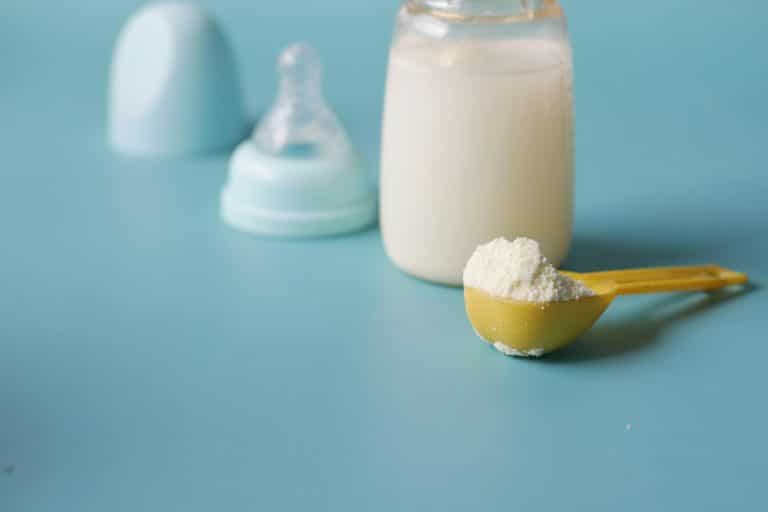It’s estimated that 1 in every 100,000 children in the United States are diagnosed with myocarditis every year, the Myocarditis Foundation reveals.
Myocarditis occurs when the heart muscle, the myocardium, becomes thick and inflamed, which makes it difficult for the heart to pump blood. In most cases, fortunately, children diagnosed with myocarditis make a full recovery within just a few months.
Permanent damage to the heart, although possible, is rare. If your child’s been diagnosed with myocarditis, it’s important to follow guidance from their cardiologist, and take steps to support their treatment. In time, your child will regain their health and be able to live a full, active life.
Myocarditis: understanding symptoms and causes
The symptoms of myocarditis in children can be fairly varied, which therefore sometimes makes the condition hard to spot.
But, usually, infants with myocarditis may become listless, fussy, and uninterested in food. Difficulty breathing and/or rapid breathing can be another common sign.
In fact, it’s not uncommon for some cases to be wrongly diagnosed as asthma or pneumonia, which highlights the importance of getting a second opinion. In older children, fatigue, chest pain, and/or heart palpitations (a rapid/fluttering heartbeat) are also often prime myocarditis symptoms.
As for the causes of myocarditis, viral infections that reach the heart are the most common. This most often includes influenza (flu) virus, coxsackievirus, and adenovirus.
So, in some cases, children may experience flu-like symptoms for several days before they see the doctor. However, myocarditis can also result from other causes, such as, an allergic reaction to medication (including cancer medication), chemical exposure, or autoimmune disorders.
Myocarditis treatment
Although there’s no cure for myocarditis, the condition usually resolves on its own — which means the heart muscle returns to normal and is no longer inflamed. Myocarditis treatment is designed to support heart function, so blood circulates throughout the body as it should.
The exact treatment depends on the severity of the case, and some children need to be admitted to hospital. As part of treatment, your child may be given: steroids (anti-inflammatory meds) to prevent inflammation; antibiotics to treat bacterial infection; and/or treatment for autoimmune disease.
As myocarditis affects the heart’s electrical system, children can also develop arrhythmia (an irregular heartbeat) along with the condition. In this case, a pacemaker may be fitted to control the heartbeat.
Pacemakers emit electrical signals as needed to correct the heartbeat, so it beats at the right rhythm and speed. Fortunately, pacemaker insertion is a minor surgery performed under general anesthetic. It usually requires an overnight hospital stay, after which your child can recover at home.
Looking after your children during myocarditis treatment
Take care to follow the advice of the cardiologist throughout your child’s myocarditis treatment to help them make a smooth and full recovery. Above all, it’s important your child takes medication as prescribed. So, create a “medication schedule” for them to follow, just like they do with all other routines.
For example, in the evening, your child may eat dinner, take a bath, brush their teeth, and take their meds. Incorporating medication into their usual routine will help prevent missed or delayed doses.
Children with myocarditis also need to minimize physical activity and rest as much as possible, so as not to strain the heart while it’s already inflamed.
So, ask your child’s cardiologist how much activity is recommended for them. Only let your child do any exercise once they have the all-clear from the cardiologist.
You can also support your child’s treatment with a heart-healthy diet. So, for example, they should eat plenty of fruits, vegetables, whole grains, lean meats, seeds, nuts, and fish high in omega-3’s (like trout, salmon, and tuna).
Your cardiologist may also ask you to monitor your child’s weight on a daily basis to check it remains within a healthy range during their recovery.
If your child’s been diagnosed with myocarditis, it’s natural to feel overwhelmed at times. However, it’s important to remember that most children make full recoveries.
Although some may develop permanent heart problems that require medication and lifestyle adjustments, the cardiologist can recommend a suitable level of exercise that’s right for each child, so they can still live full and healthy lives.









